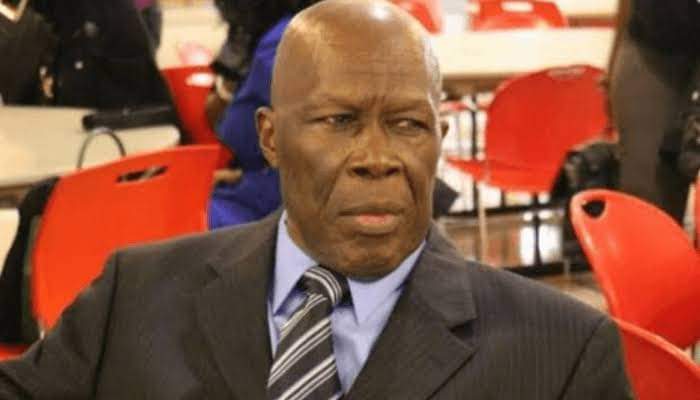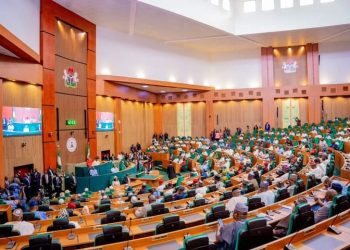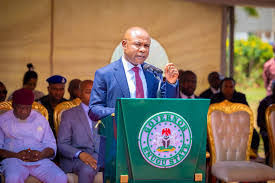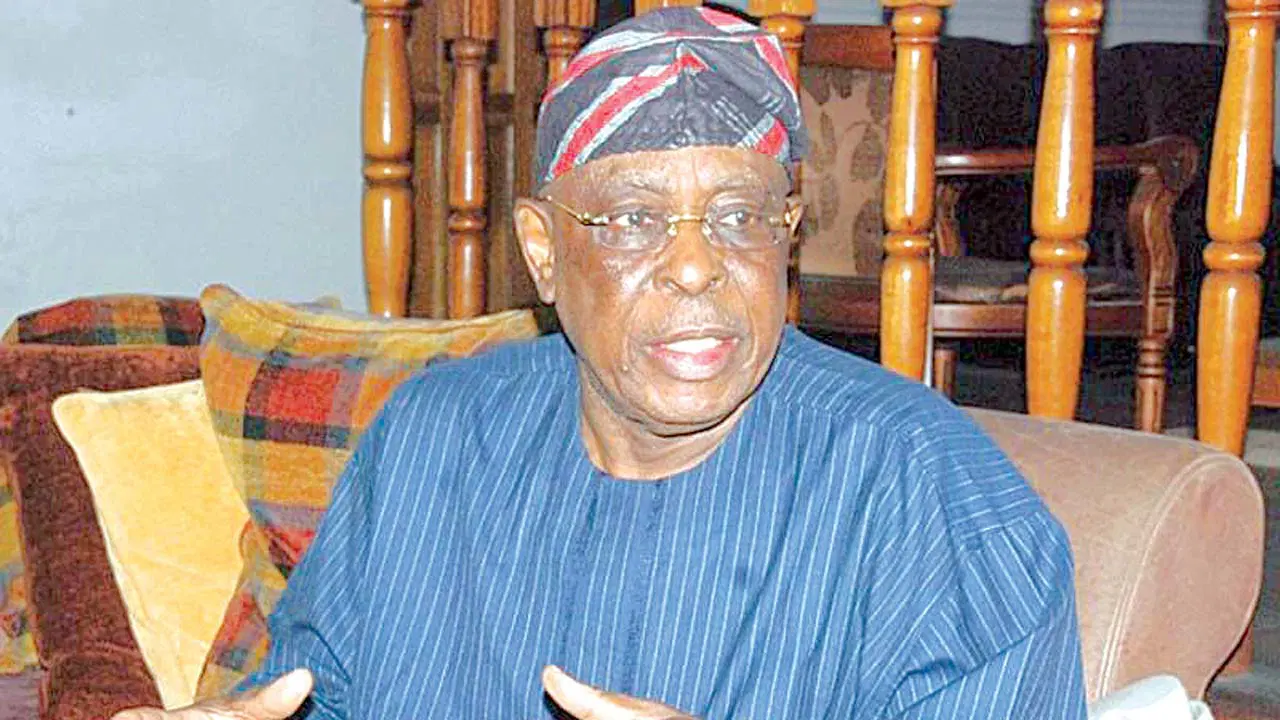The electricity supply crisis in the country got to a head on Monday following the disclosure by the Transmission Company of Nigeria (TCN) that its 330kV Ugwaji–Apir Double Circuit transmission lines 1 & 2 tripped due to a fault, resulting in a forced power outage affecting the communities in the North-east, North-west and parts of North-central.
The TCN General Manager Public Affairs, Ndidi Mbah, said at approximately 4:53 a.m. on Monday, the Ugwuaji–Markurdi 330kV Line 2 tripped and 243 MW on that line was transferred to Line 1 on the same route. She explained that at 4:58 a.m., Line 1 also tripped, resulting in a total loss of 468 MW.
Mba said despite the efforts of two teams dispatched for fault tracing, the cause of the outage remains undetermined. Although TCN has restored supply to the 132kV line, the 330kV lines are still down, severely impacting power distribution in the Northern region. TCN has, however, apologised for the inconvenience, assuring that it is working to resolve the issue.
“Following the tripping incidents, two teams of linesmen were dispatched—one from the Apir Transmission Sub-region and another from Enugu transmission—to expedite fault tracing along the 215 km route, which includes 245 transmission towers. Throughout Monday, the Apir team patrolled the line, navigating difficult terrains in search of the fault, reaching as far as the River Benue. They could not locate the cause of the tripping and will continue fault tracing,” Mbah stated.
The lines patrol team from the Enugu region was unable to commence patrols due to the sit-at-home directive in the South East for October 21 and 22, 2024. This hindered not only the patrol team but also made it difficult to refuel vehicles for the long-distance line trace. Arrangements have been made for security operatives to guide the team, who have resumed fault tracing this morning.
Currently, TCN has restored supply to the 132kV transmission line from New Haven to Apir, but the 330kV lines remain out of service. The Shiroro-Mando transmission line is also down due to security reasons, exacerbating power outages in the North.
The TCN noted that a partial grid collapse occurred on October 14 due to a line tripping at the Jebba Transmission Substation, alongside a recurring fault at the Osogbo Transmission Substation. It explained that efforts to restore the grid led to a setback, but the system was fully restored by October 16.
“There was no grid collapse on Tuesday; the setback was part of Monday’s restoration efforts. What was described on October 19 as a grid collapse was a deliberate protective shutdown due to the explosion of the Jebba transformer, restored within two hours. What we experienced were more grid disturbances than collapses,” it clarified.
It stated that preliminary assessments suggested the Jebba explosion was due to ageing equipment, unrelated to the initial collapse.
In response, the federal government has set up a six-member committee to investigate the ongoing national grid collapses and propose solutions within nine days. The Minister of Power Adebayo Adelabu, who formed the committee, tasked them with providing the federal government with necessary solutions to enhance the national grid’s reliability by November 1, 2024.
The committee includes Nafisat Ali, Executive Director of the Independent System Operator (ISO), who will lead it; Dr Chidi Ike, Commissioner of the Nigerian Electricity Regulatory Commission (NERC); and Engr. Ishola, General Manager of the National Control Centre (NCC). Additional members are Emmanuel Nosike, Director of Transmission at the Ministry of Power; Ali Sharifai, General Manager of the Transmission Service Provider (TSP); and Adedayo Olowoniyi, Chief Technical Adviser to the Minister of Power.
The minister stated that the committee will also investigate potential sabotage of the system. The committee will review the national grid’s stability and identify necessary investments and technical capacities to make the grid smart and resilient. He added that the committee complements ongoing efforts, including the Presidential Power Initiatives (PPI) and the Nigeria Electricity Transmission Project (NETAP), aimed at ensuring a reliable power supply.
In a message to electricity consumers in its franchise states, the Kano Electricity Distribution Company (KEDCO) attributed the power shortage to disturbances in the national grid and vandalism damaging two towers along the 330kV Shiroro–Kaduna transmission lines 1 and 2.
KEDCO’s Chief Commercial Officer, Abubakar Jimeta, said, “We understand the inconvenience caused to our customers and are working diligently to resolve the issue. We are engaging necessary stakeholders, including TCN and NERC, to find a lasting solution for improved electricity supply.”
On Monday, Kaduna Electric acknowledged the outages in Kaduna, Zaria, and Gusau, linking the situation to the loss of TCN’s bulk power supply. Corporate Affairs Head Abdul-Azeez Abdullahi confirmed that TCN’s Agwaji-Benue-Jos 330kV circuit tripped, interrupting supply.
In recent years, the power sector has experienced many challenges in areas of electricity policy enforcement, regulatory uncertainty, gas supply, transmission system constraints, and significant power sector planning shortfalls.
In November 2013, the federal government privatised all power generation and 11 distribution companies, with the government retaining the ownership of the transmission company. This was to improve efficiency in the sector. However, since the privatisation, the grid has continued to collapse amid efforts to reposition the power sector. The national grid has collapsed three times in the past week, causing considerable concern that they could undermine the significant progress achieved in the past year.
On the backdrop of this undesirable state of the nation’s power sector, Blueprint urges the ministerial committee to exercise due diligence in exploring its terms of reference with a view to unravelling the factors militating against stable electricity supply to Nigerian businesses and households. The committee’s recommendations should be comprehensive with far-reaching solutions to the lingering power crisis in the country in the immediate, short and long terms.

 2 hours ago
7
2 hours ago
7







